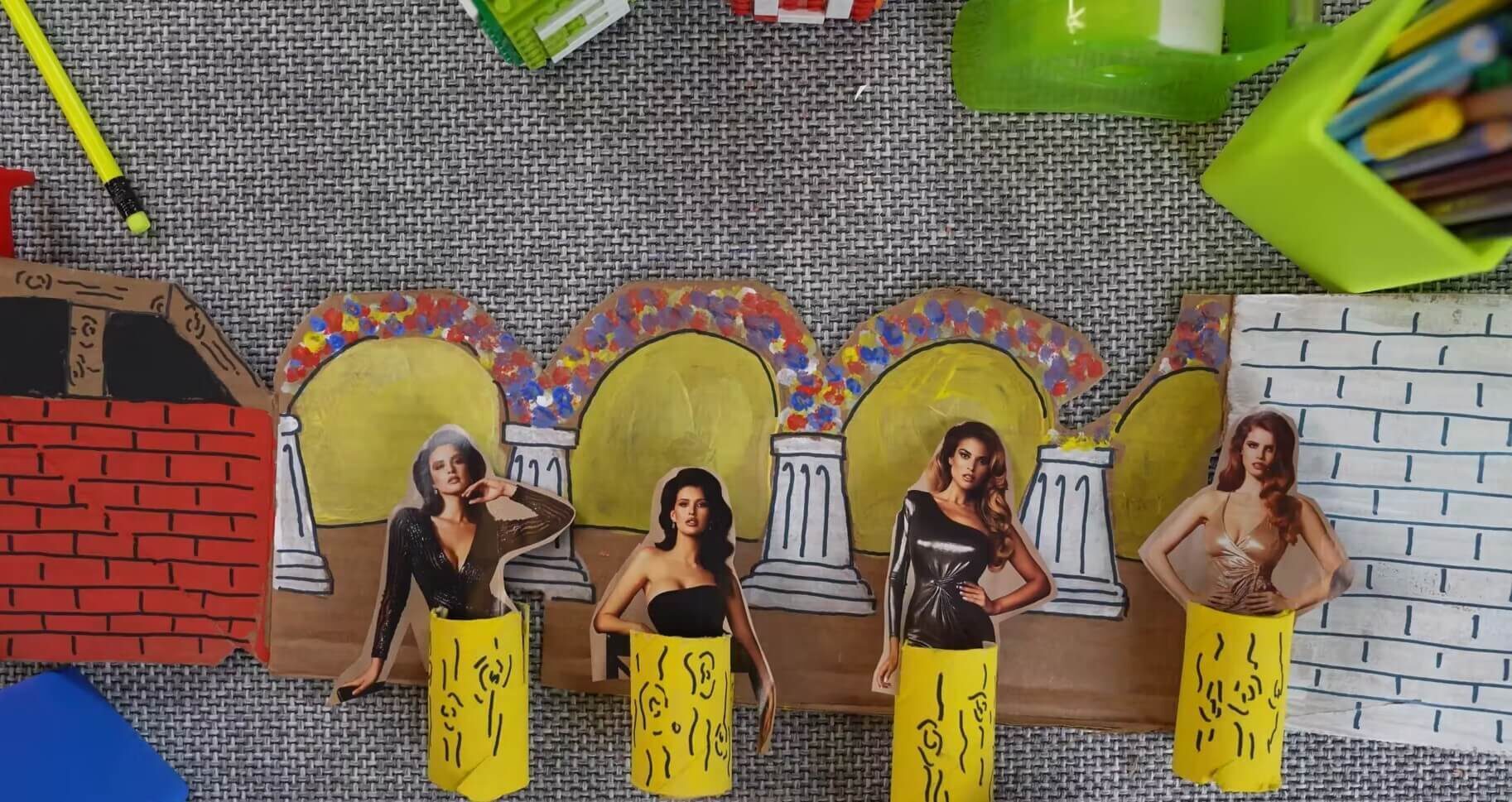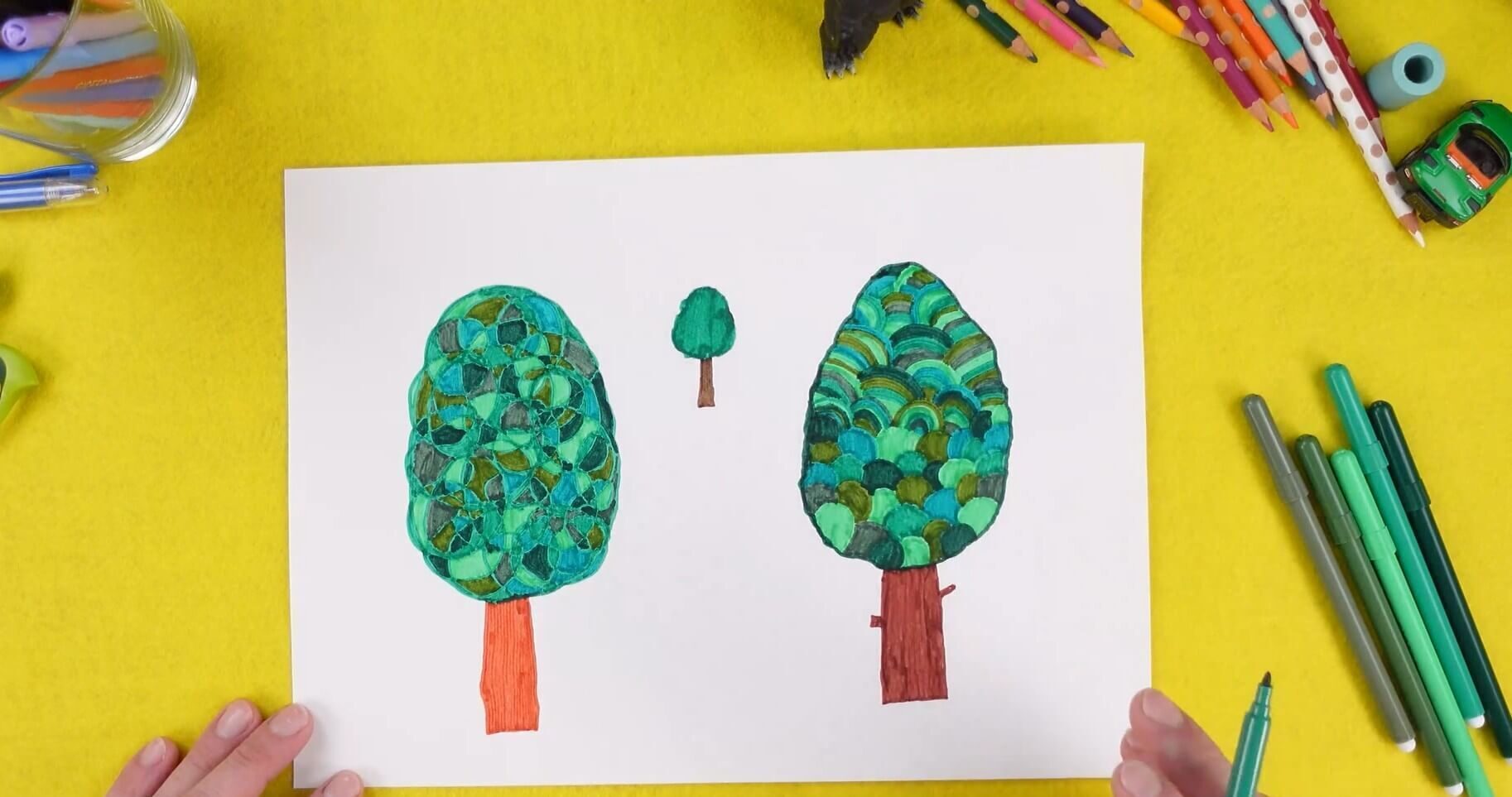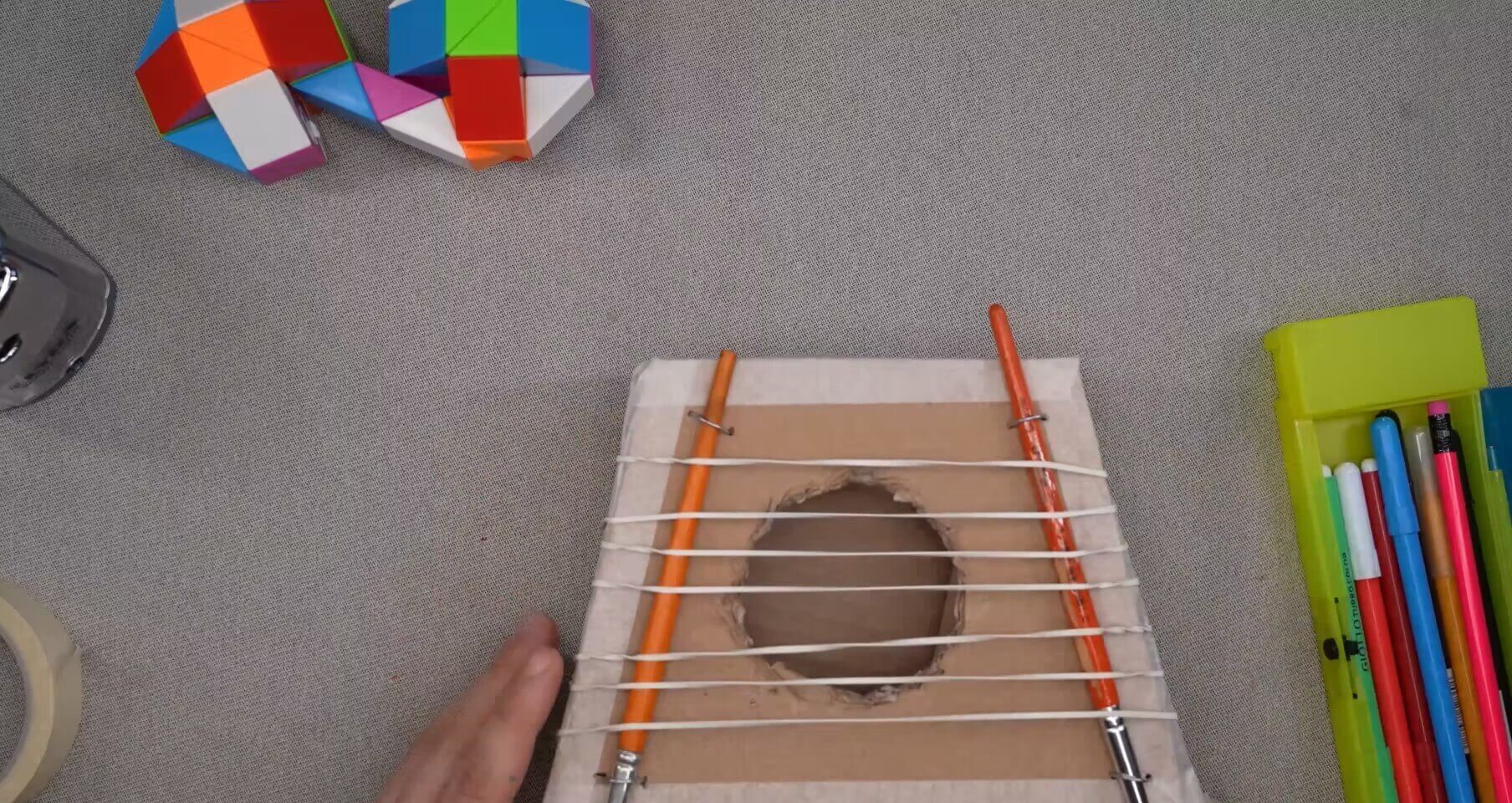- Home
- All Courses
- PERFORMANCE
- Theatres and marionettes
Theatres and marionettes
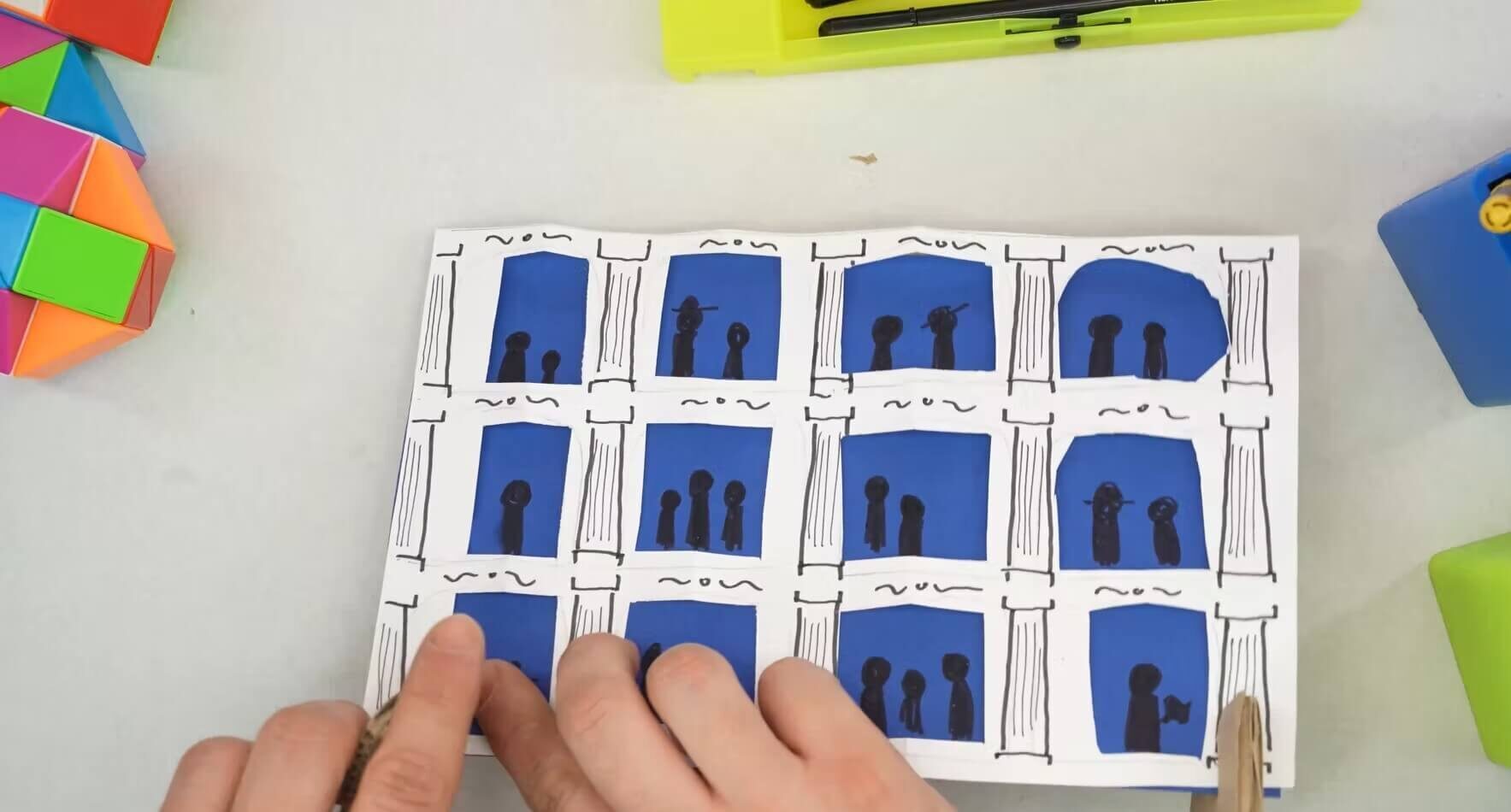
The curtains are rising!
Learn how to design and set up every part of a real Italian theater, including the stage, box, and parterre. Discover the secrets behind bringing a theater to life as you explore the roles and spaces where the magic happens. Design both the scene and the stars of the show. Ready to pull the curtains? Shhhhh, the show is about to begin!
ACCORDING TO EXPERTS…
According to Lev Vygotsky, a Soviet psychologist and pedagogist, symbolic play plays a very important role in the cognitive, emotional, and affective development of children. Through play, children can represent their inner reality and exercise their imagination, with or without the support of adults, refining their perception of their own emotions and those of others. Symbolic play combined with object manipulation becomes an important tool that helps children understand the world around them.
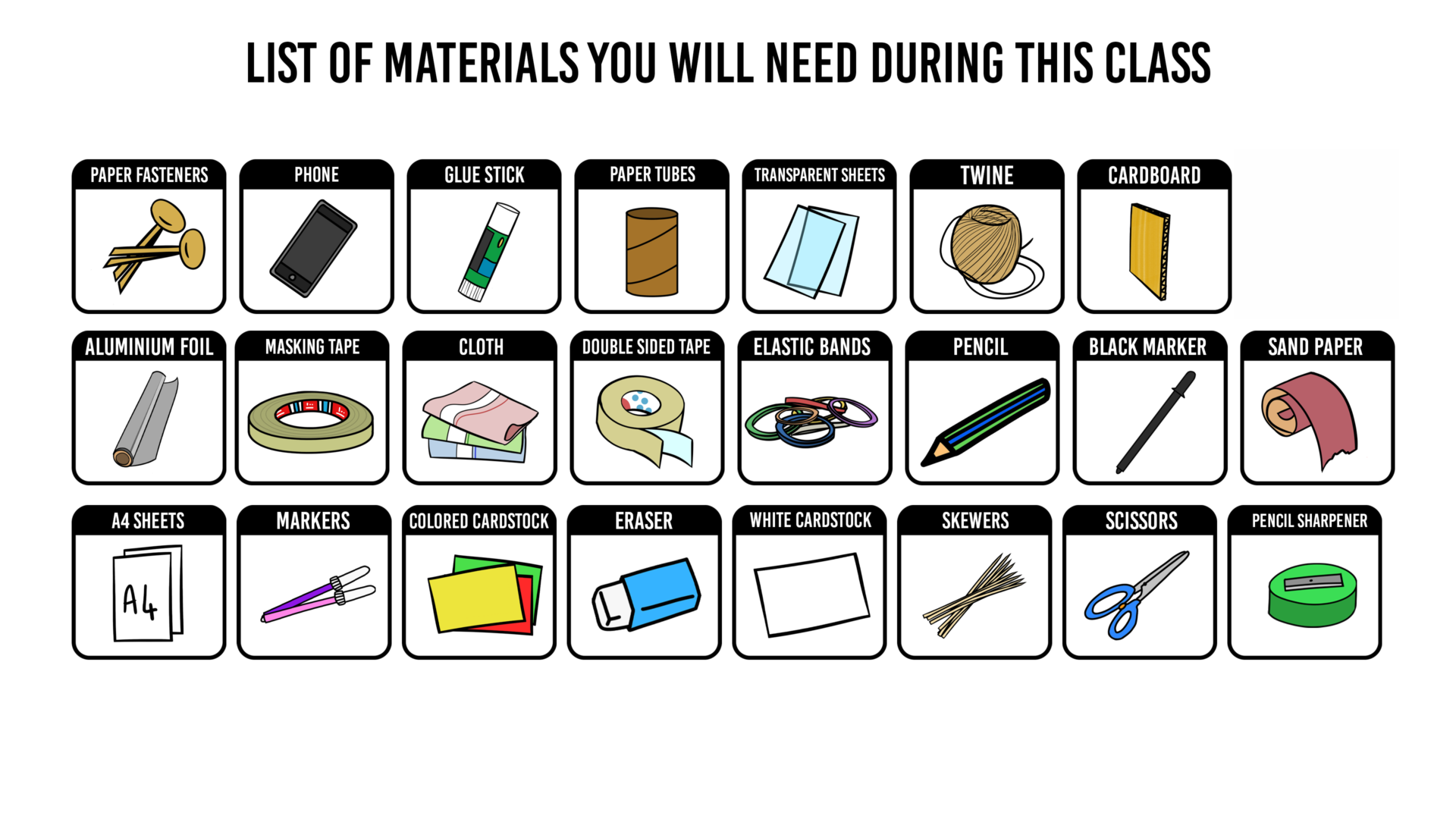
According to Experts...
General Characteristics:
The act of playing is important in the cognitive, emotional, and affective development of a child. Through symbolic play, a child can use different tools to represent something not present in reality, a symbol, fostering representational skills. Vygotsky (1978) considered symbolic play as a formative activity characterised by the child’s interaction with an adult. The author refers to the so-called zone of proximal development, allowing the child to increase their skills through interaction with a more experienced caregiver. Therefore, the adult plays a supportive role (scaffolding) for the development of children until the latter become more independent, and the skills are internalised. Vygotsky attributes importance to interaction in the learning process, through a reference figure that allows the acquisition of increasing skills. Piaget identified different stages in the child’s play development, and if initially, play is exploratory, it later becomes symbolic and includes not only oneself or solitary play but also the surrounding objects. Theatrical activity also facilitates self-representation and the expression of emotions, improves self-perception in space, and enhances empathy. It can be said that the workshop allows the manipulation of various objects and materials aimed at promoting improved motor skills, symbolic play, and self-expression. The support of an adult figure as a reference, helping in the construction of the theatre and the assembly of various elements, may be useful for younger children, while subsequent play activities are suitable for children of all ages.
Specifically:
The workshop involves the construction (using simple materials and cardboard) of a real marionette theatre. It is a fun and playful activity that allows children to experiment with different materials and engage in object manipulation activities: glueing, cutting, building, drawing, and assembling. The goal is the construction of a theatre, which becomes an important tool for a different form of artistic representation: acting. The workshop, therefore, encourages symbolic play but also the representation of oneself and one’s emotional world.
Skills:
- Attention
- Concentration
- Expressiveness
- Creativity and inner world
- Fine motor skills
- Symbolic play.
You May Like
-
14 Lessons
-
12 Lessons
-
14 Lessons
-
11 Lessons
-
11 Lessons

